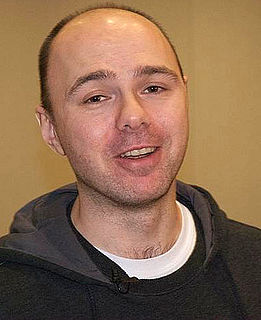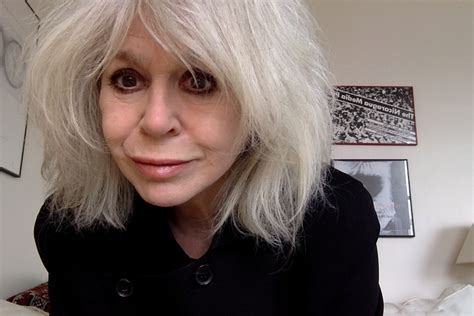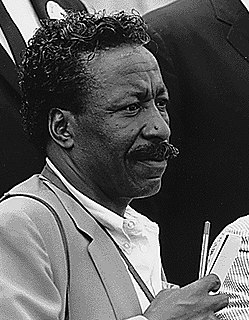A Quote by Roman Vishniac
A man with a camera was always suspected of being a spy. Moreover, the Jews did not want to be photographed, due to a misunderstanding of the prohibition against making graven images (photography had not been invented when the Torah was written!). I was forced to use a hidden camera.
Related Quotes
The camera is one of the most frightening of modern weapons, particularly to people who have been in warfare, who have been bombed and shelled for at the back of a bombing run is invariably a photograph. In the back of ruined towns, and cities, and factories, there is aerial mapping, or spy mapping, usually with a camera. Therefore the camera is a feared instrument, and a man with a camera is suspected and watched wherever he goes... In the minds of most people today the camera is the forerunner of destruction, and it is suspected, and rightly so.
Making photos is helpful of course to master the craft. To get comfortable with the camera. Learn what a camera can do and how to use the camera successfully. Doing exercises for example if you try to find out things that the camera can do that the eye cannot do. So that you have a tool that will do what you need to be done. But then once you have mastered the craft the most important thing is to determine why you want to shoot pictures and what you want to shoot pictures of. That's where the thematic issue comes to life.
With photography, everything is in the eye and these days I feel young photographers are missing the point a bit. People always ask about cameras but it doesn't matter what camera you have. You can have the most modern camera in the world but if you don't have an eye, the camera is worthless. Young people know more about modern cameras and lighting than I do. When I started out in photography I didn't own an exposure meter - I couldn't , they didn't exist! I had to guess.
Humans have changed the landscape so much, but images of the sea could be shared with primordial people. I just project my imagination on to the viewer, even the first human being. I think first and then imagine some scenes. Then I go out and look for them. Or I re-create these images with my camera. I love photography because photography is the most believable medium. Painting can lie, but photography never lies: that is what people used to believe.
The first time I worked with colors was by making these mosaics of Pantone swatches. They end up being very large pictures, and I photographed with a very large camera - an 8x10 camera. So you can see the surface of every single swatch - like in this picture of Chuck Close. And you have to walk very far to be able to see it.



































